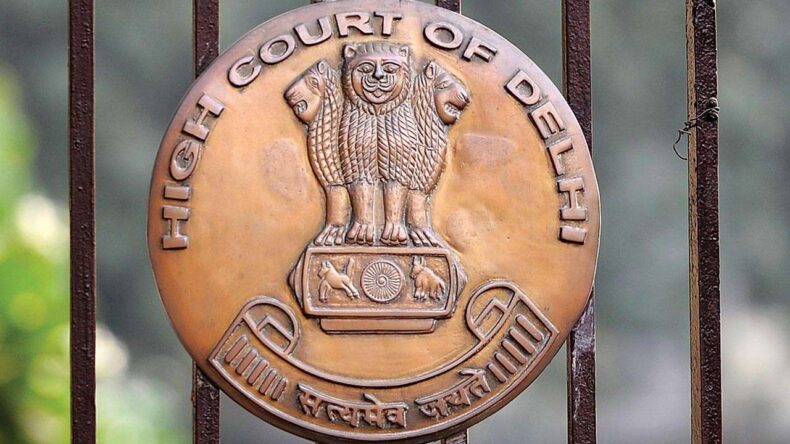Table of Contents
Satyendar Jain, the Aam Aadmi Party leader, has been denied bail by the Delhi High Court in a money laundering case. He has been in custody since May 30 last year and the court has deemed it fit to continue with his detention. This decision once again highlights the importance of adhering to legal guidelines and regulations, especially when it comes to matters of financial transactions.
The decision of Justice Dinesh Kumar Sharma to deny bail to co-accused Vaibhav Jain and Ankush Jain reflects his staunch commitment to upholding the rule of law. His verdict is a clear message that criminal activities will not be tolerated and justice will prevail.

Satyendar Jain is a well-known name in the political circle and has been in the news for various reasons. However, recent allegations have raised questions about his integrity. The petitioner has accused Jain of tampering with evidence, which has put his reputation at stake. While Satyendar Jain’s influence cannot be ignored, it is important to ensure that justice prevails without any bias or prejudice.
The court’s verdict holds high significance in the legal system, and it is always expected that they deliver justice, keeping in mind law and order. The court ruled that the special judge’s decision to refuse bail to all three accused parties in this instance was neither unlawful nor perverse. The decision taken by the court was based on the facts presented and analyzed thoroughly, making it a fair and justifiable decision.
The legal system plays a crucial role in ensuring justice and fairness for all. As seen in the recent case of the AAP leader, the court’s decision can have a significant impact on an individual’s life. However, the trial court denied his request for release on November 17, 2022, and despite the High Court issuing a notice in December of last year, the ruling was withheld on the bail pleas on March 22, 2024.
The decision made by the trial court was based on the prima facie evidence that had come on record. The court concluded that the accused was involved in concealing the proceeds of the crime. Per the order, the accused gave cash to Kolkata-based entry operators and brought it into three companies against the sale of shares to show untainted income. The court’s verdict reflects its commitment to ensuring justice is served in cases involving financial crimes.
The Indian high court is currently reviewing a petition filed by a defendant, arguing that the Special Judge and Enforcement Directorate have wrongly applied the Prevention of Money Laundering Act in his case. According to the defendant’s lawyer, identifying proceeds of crime based solely on accommodation entries is insufficient to establish a punishable offense under PMLA. The defendant also stated that since the charge had already been filed, he should not be incarcerated during the trial.

The Enforcement Directorate (ED) has been actively investigating the money laundering case against Satyendar Jain and others. As a part of this investigation, the ED had attached properties worth Rs. 4.81 crores belonging to various firms and entities, including Akinchan Developers, Indo Metal Impex, Paryas Infosolutions, Mangalayatan Projects, J.J. Ideal Estate, etc. These assets were seized by the ED in the previous year, as they were believed to be linked to money laundering activities.
CBI accusation against Satyendar Jain
The accusation by the CBI against Satyendar Jain and others of laundering money through various companies is a serious matter that requires thorough investigation. The agency’s claim that Jain laundered Rs 11.78 crore from 2010 to 2012 and Rs 4.63 crore from 2015 to 2016 when he was a minister in the Delhi government highlights the need for transparency and accountability in public office.

Satyendar Jain’s alleged involvement in financial irregularities has led him to pay entry operators of many shell businesses in Kolkata for lodging entries through his colleagues, thereby “layering” the funds through these companies. The entry operators then redirected the funds in the form of investments through shares in Jain-affiliated firms. Such practices not only raise ethical concerns but also have legal implications.
According to the CBI FIR, which forms the basis of the ED probe, Satyendar Jain allegedly signed conveyance papers for Prayas Infosolutions’ 2011 and 2012 purchases of agricultural property. Furthermore, according to the central agency, the land was eventually transferred to relatives of Jain’s friends, who denied being aware of the moves.












